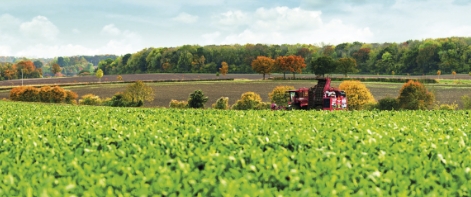How we set standards

Red Tractor sets trusted standards for British farmers, growers, and the wider supply chain. Standards are regularly reviewed to ensure they are science-led, practical, and aligned with both consumer and industry expectations.
Our Policy for Development of Red Tractor Standards sets out the framework for reviewing and updating standards.
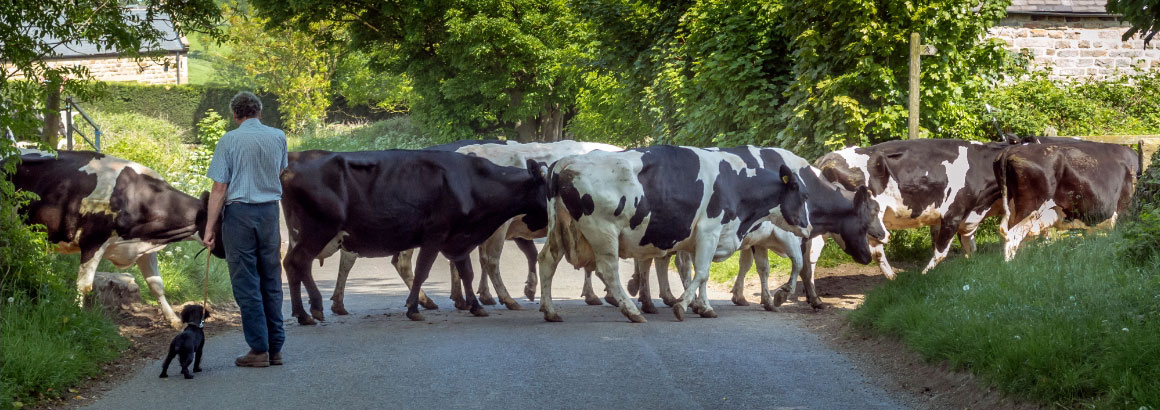
Our Vision and Purpose
Revisions to our standards must support Red Tractor’s Vision and Purpose:
- Vision: To be the pride of British food and farming, trusted by consumers, the supply chain, and governments.
- Purpose: To set standards for British food that everyone can trust.
A collaborative process
Red Tractor’s standards are developed through a collaborative process. Technical Managers within Red Tractor oversee this work, gathering insight from research, legislation, and stakeholders across the supply chain. This process is ably supported by Sector Boards and Technical Advisory Committees (TACs) that provide scrutiny and ensure standards are practical, proportionate, and aligned with Red Tractor’s vision. Together, this co-design approach turns diverse input into clear, workable standards that can be confidently applied and assessed.
Policy for development of Red Tractor Standards
Red Tractor Governance
Purpose of standards
Standards may address:
- Legislation and compliance.
- Benchmarking with other schemes to support market access and reduce audit proliferation.
- Food safety and traceability.
- Animal health and welfare.
- Worker protection.
- Training and competence.
- Environmental protection.

Principles of standard setting
Red Tractor standards must:
- Have a clear and definable purpose.
- Be clear, comprehensible, and practically implementable.
- Be objectively assessed for compliance.
- Protect consumer trust through traceability and provenance.
- Prioritise food safety as a foundation.
- Provide value to participants via market access, reputation, and earned recognition.
- Support efficient due diligence with lean evidence requirements.
- Be consistent across sectors unless differences are justified.
- Reflect legislation where relevant and appropriate.
- Consider impact assessments to balance cost vs. benefit.
- Allow for phased introduction of new standards where possible.
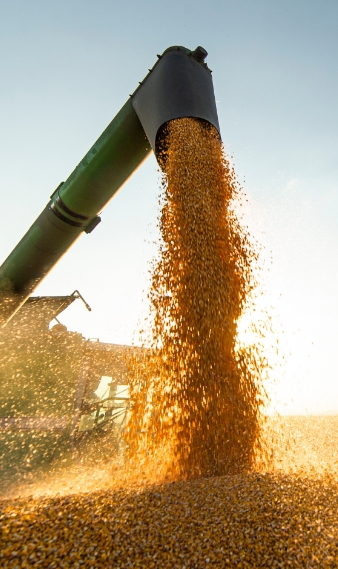
Horizon scanning and the drivers of change
We continuously monitor political, legislative, consumer and market changes to ensure standards remain relevant and effective. We speak to stakeholders such as academics, regulators, NGOs, and supply chain partners to identify where changes may be needed.
The origin of any new standard must be clear, and tested through our governance consultation to ensure it is justified, practical, and proportionate.

The review and change process
Red Tractor manages standard changes carefully to balance rigour with practicality. By default, changes are made only once per year, unless exceptional circumstances demand more.
- Interim changes are smaller updates (e.g. version 2 → 2.1) that respond to specific needs within one or more sectors.
- Full reviews are comprehensive updates (e.g. version 2 → 3) carried out at least every five years. These reviews consider all standards, draw on broad stakeholder feedback and consultation, and ensure consistency across sectors.
This structured approach ensures standards remain relevant, practical, and proportionate while avoiding unnecessary disruption or cost.

Sponsor
proposes
change
Sector
Board
Technical
Advisory
Committee
Standards
Committee
Red Tractor
Board of
Directors
Change
adopted
Red Tractor Standards
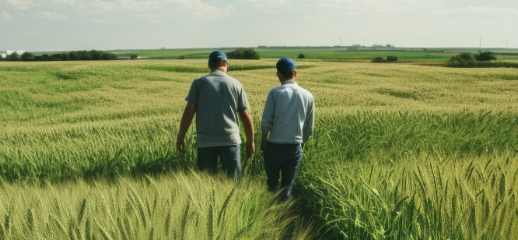
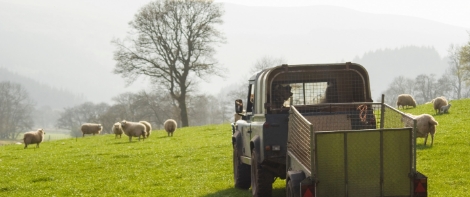
Policy for Development of Red Tractor Standards
